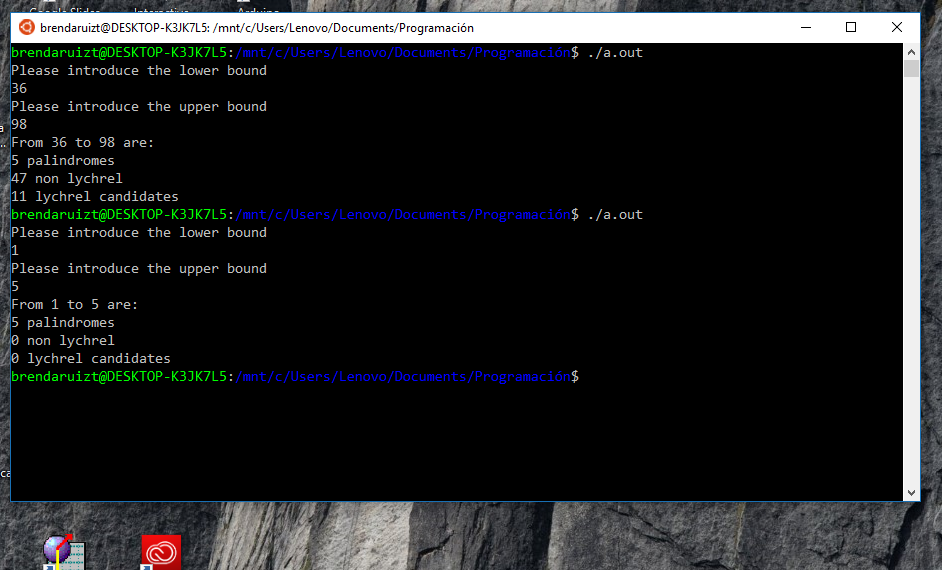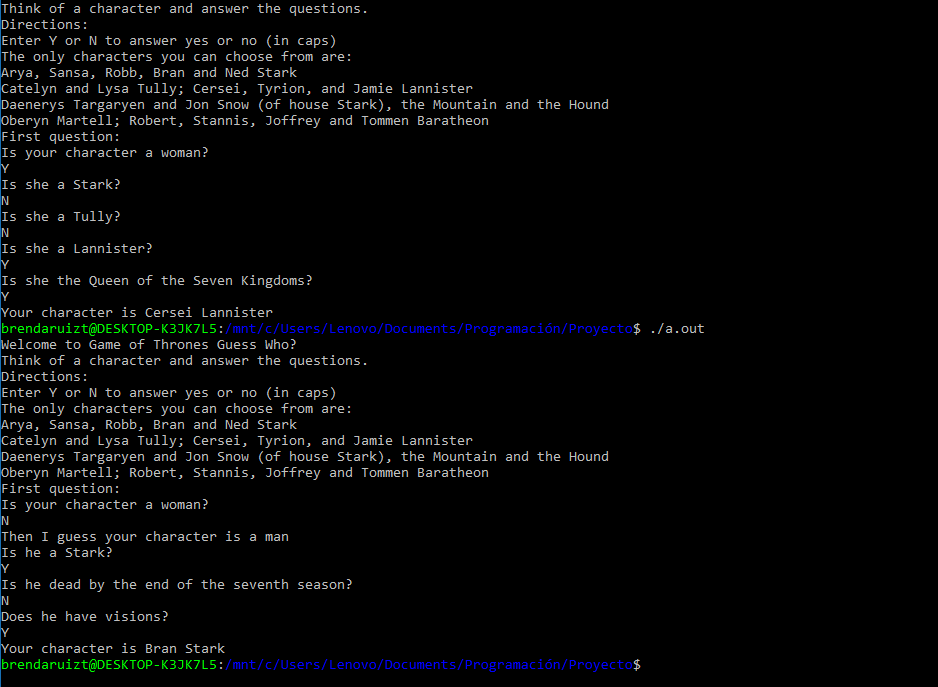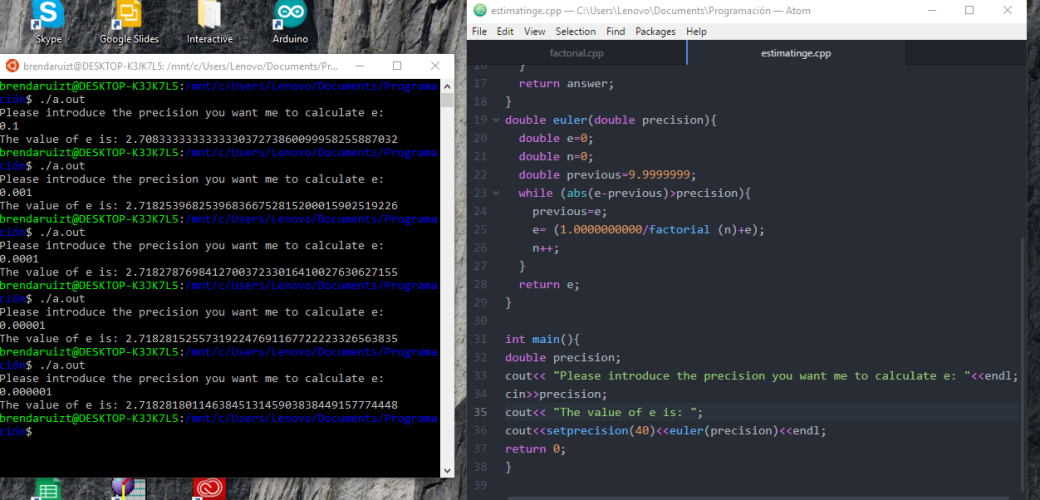I really liked having this class with Ken. I think he is a great teacher that used a completely different system that what we are all used to, so that makes it challenging but rewarding. At first I was really scared of this course since I had no idea how to program or anything related to it, but I leart the basics of c++ in a semester. I really liked how this class was relaxing since we could practically do anything in it, but somehow I managed to keep up with the rythm and learn. I would totally recommend to take this course to anyone who asks me. I think he is a great teacher that dedicates his time to his students, during and after classes, he always has an open door.
Mes: noviembre 2017
WSQ13 – SciLab
This was a different task than what we are used to. I did this one with Oscar, Ana and Sofia.
We downloaded the program SciLab and we learnt the basics of how to use it. I think this would be a really helpful tool in the future since I am studying to be an Engineer.
This is the link to Oscars’s post:
https://oscarramirezblogblog.wordpress.com/2017/11/22/wsq13-scilab/
WSQ08 – Yo soy 196
I had a little trouble with this assignment, but I asked Sofia for help. This is her post:
https://ordinaryextraordinary2017.wordpress.com/2017/10/27/yo-soy-196-%E2%87%94/
Here is my code:
https://github.com/brendaruizt/TC1017/blob/master/yosoy196.cpp

GoT Guess Who? – Project
Oscar and I completed our project. We had to do a big mind map so that we didn’t get confused with all the characters.
Here is our code:
https://github.com/brendaruizt/TC1017/blob/master/GoT.cpp
Here is a link to Oscar’s post:
The image shows how it looks when the program runs. The game can guess a total of 19 characters from the series.

WSQ12 – Estimating e
For this assignment the user set a value of precision for the value of e. I had to use the function of calculating the factorial.
For creating the formula for the precision I used the method of calculating euler with the factorial. The formula is the following:
This is the function:
double euler(double precision){
double e=0;
double n=0;
double previous=9.9999999;
while (abs(e-previous)>precision){
previous=e;
e= (1.0000000000/factorial (n)+e);
n++;
}
return e;
}
The code for this task is in the following link:
https://github.com/brendaruizt/TC1017/blob/master/estimatinge.cpp

